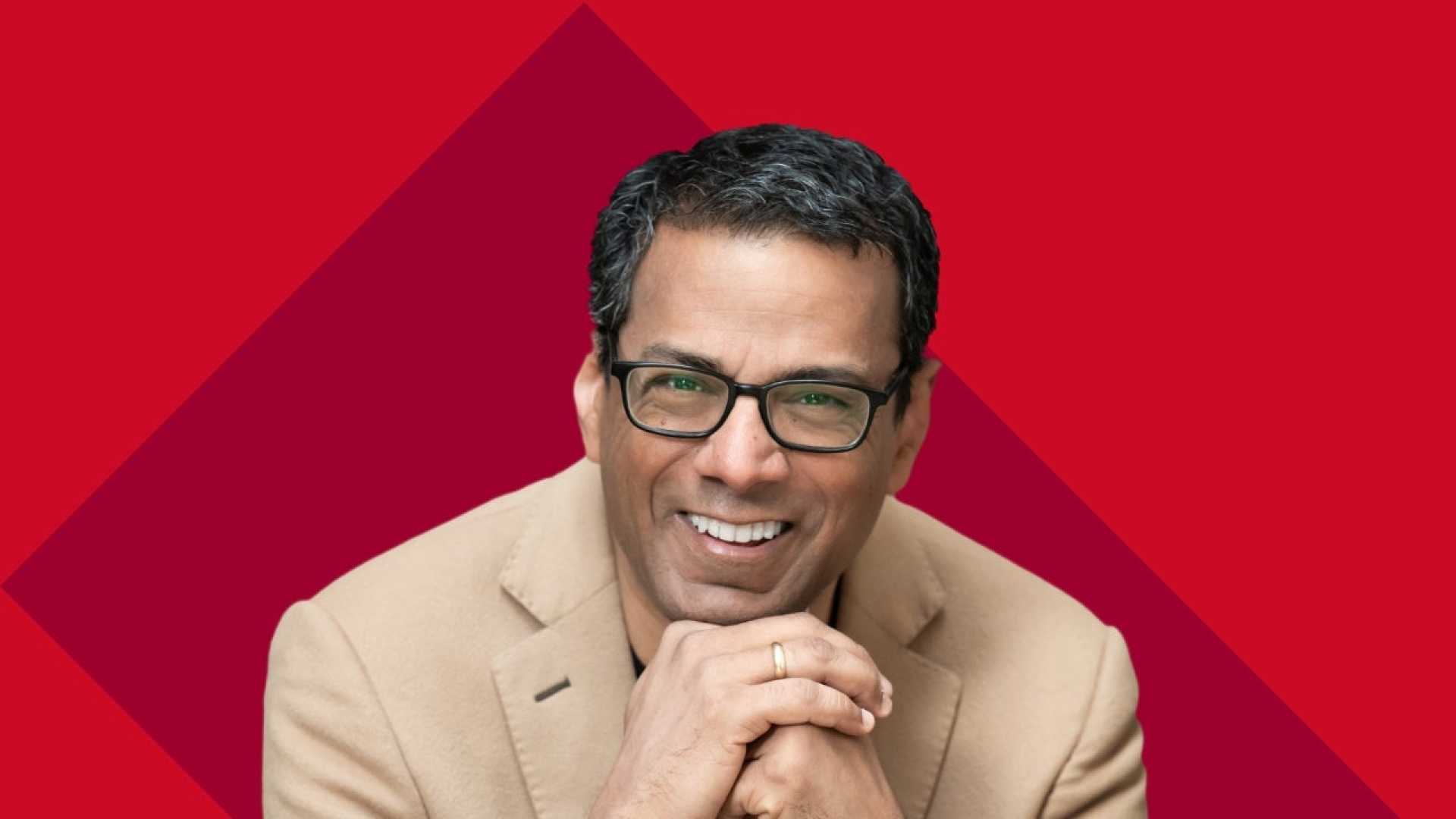Health
Atul Gawande Discusses USAID’s Damage and Future of Global Health

CAMBRIDGE, Mass. — Surgeon and best-selling author Atul Gawande discussed the impact of the Trump administration’s changes to the U.S. Agency for International Development (USAID) during an event on Monday. He spoke at the Harvard T.H. Chan School of Public Health, encouraging students and faculty to continue valuing science and medicine.
Gawande, previously appointed by President Joe Biden to lead USAID’s Bureau for Global Health, emphasized that the agency has suffered significant setbacks due to staff firings and program terminations. He stated, “What I know now, three months from when I departed my role at USAID, is USAID cannot be restored to what it was, but it is not too late to save our health and science infrastructure and our talent.”
According to Gawande, nearly all USAID staff were fired, and over 85 percent of programs were cut, resulting in severe consequences for millions worldwide as well as undermining the U.S.’s position as a global health leader. “And it’s not too late to stop the destruction,” he added during a conversation with Marcia de Castro, a professor at the Chan School.
He raised concerns about funding cuts affecting federal programs like those at the National Institutes of Health and the Centers for Disease Control and Prevention, which in turn limits partnerships with universities and medical facilities. Gawande highlighted that the funding freeze impacted the research center he founded while at Harvard, jeopardizing crucial studies on surgery, childbirth, and primary care.
Reflecting on USAID’s previous accomplishments, he mentioned the agency’s success in establishing a global network to monitor diseases like Ebola and bird flu. This system drastically reduced emergency response times from over two weeks to under 48 hours. He noted that programs aiming to decrease maternal and child mortality had significant positive outcomes, extending the lives of millions.
Prior to leaving USAID, Gawande explained that the agency was introducing an affordable treatment package to address severe hemorrhaging after childbirth, a leading cause of maternal death. Although many countries still have medication supplies, immediate staffing cuts pose the most pressing challenges to health outcomes.
“It’s not just having a solution; it’s the follow-through,” he explained. Gawande expressed hope for the future of global health but felt uncertain about America’s role in it. He mentioned that if the U.S. steps back, other nations may fill the leadership void.
“You and your expertise will be needed no matter what,” he urged the audience, emphasizing the ongoing importance of global health.












